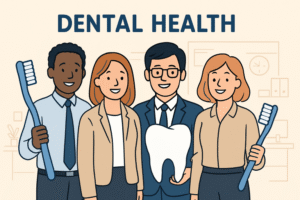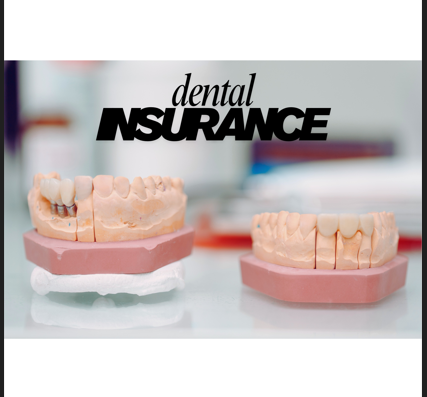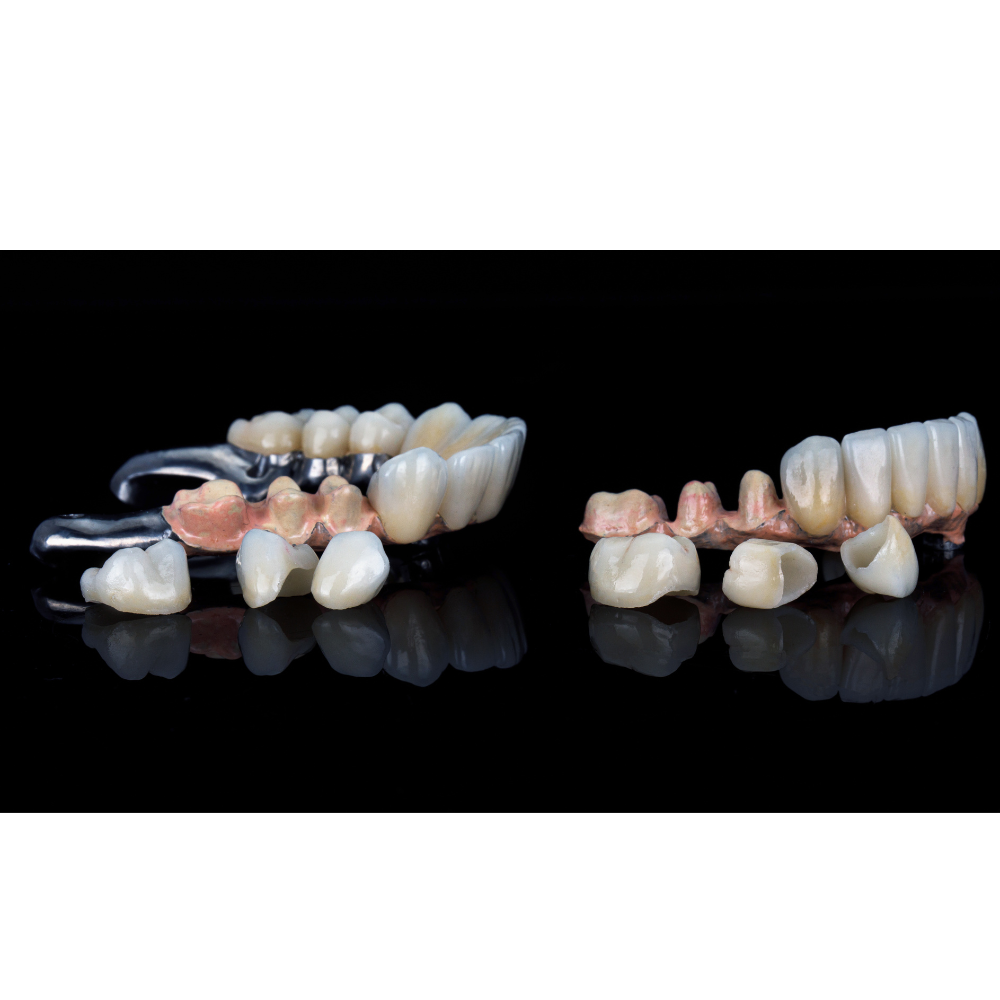How Employer Dental Insurance Supports Employees and Organizations
In today’s competitive job market, offering comprehensive benefits has become a key factor in attracting and retaining high-quality talent. Employees increasingly evaluate potential employers based on the value and scope of their benefits packages, making strategic choices in this area critical for organizational success. Employer dental insurance is more than just a workplace perk—it is a powerful tool for promoting employee health, attracting and retaining top talent, and reducing long-term healthcare costs. Today’s workforce increasingly expects comprehensive benefits, making dental insurance for employers an essential component of any competitive benefits package. A robust dental plan signals an employer’s commitment to employee well-being, ultimately leading to a stronger, more resilient organization.
Dental health is intricately connected to overall health, and the absence of proper dental care can result in higher medical expenses, lost work days, and decreased productivity. By making dental insurance readily accessible, organizations empower employees to prioritize their health, mitigating the risk of complications that can lead to prolonged absences and diminished performance. For employers, embracing dental benefits is not just about fulfilling a customary obligation—it’s a strategic move toward building a healthier, more loyal workforce.
Enhancing Employee Health
Providing dental insurance helps employees maintain better overall health, since many underlying health concerns, including diabetes and heart disease, first signal their presence through oral symptoms. Comprehensive dental coverage facilitates routine check-ups and preventive care, enabling early intervention and reducing the likelihood of more critical health events down the line. According to the American Dental Association, regular dental visits not only boost oral hygiene but also contribute to the early detection of diseases that may otherwise go unnoticed until they develop into serious health issues.
When employees have access to preventive dental care, they’re less likely to miss work due to oral pain or the need for extensive treatment. This reduction in absenteeism equates to more consistent productivity and fewer workplace disruptions, allowing organizations to operate more efficiently. Furthermore, the connection between untreated dental issues and chronic health problems highlights the broader impact of dental benefits on employer-sponsored healthcare programs.

Boosting Employee Satisfaction and Retention
Employee loyalty and satisfaction are directly tied to the quality and breadth of benefits an employer provides. Dental insurance stands out as one of the most sought-after benefits, with workers often considering it a critical factor when deciding to accept or remain in a position. Research by MetLife has shown that employees with dental coverage are significantly more likely to stay with their current employer for the next year, underscoring the retention power of a well-rounded benefits package.
Organizations continually seek ways to differentiate themselves in today’s competitive hiring landscape. Offering dental insurance signals to current and prospective employees that their well-being is valued. This boost in perceived employer support translates into greater job satisfaction, leading to higher morale, increased engagement, and a greater commitment to company goals. According to a report from SHRM, benefits satisfaction is highly correlated with overall workplace happiness, making dental insurance an effective retention incentive.
Preventive Care and Cost Savings
One of the strongest arguments for offering dental insurance is the financial benefit of preventive care. Many costly dental and medical conditions can be avoided with regular exams and cleanings, which are typically covered under most dental plans. For instance, addressing gingivitis early can prevent periodontitis, a condition that not only risks tooth loss but is also linked to diabetes and heart disease.
For employers, investing in comprehensive dental plans can significantly reduce overall health insurance expenses. When employees are healthier and experience fewer medical complications, the cost burden on group health insurance can decrease. The Centers for Disease Control and Prevention emphasize the economic advantages of preventive health strategies in reducing out-of-pocket costs and improving productivity. By integrating dental care into standard benefits, employers can bolster both the wellness of their teams and their bottom line.
Choosing the Right Dental Plan
Selecting an appropriate dental plan starts with understanding your workforce’s unique needs. Consider factors such as workforce size, age distribution, family dynamics, and the frequency of dental service utilization. Plans that offer a mix of preventive, basic, and major dental services ensure comprehensive coverage while remaining cost-effective for both employer and employees. Flexibility—such as allowing employees to choose dentists or incorporating orthodontic coverage for families—can increase perceived value and plan utilization.
Consultations with reputable dental insurance providers can help organizations navigate the array of available options and arrive at a plan fit to their specific workforce. Transparency about coverage levels, co-pays, and annual maximums will help employees maximize their benefits and foster trust in the employer’s commitment to their well-being.
Conclusion
Including dental insurance in an employee benefits package is more than a perk—it’s a strategic move that supports both the well-being of employees and the overall efficiency of an organization. Regular access to dental care promotes preventive health, reducing the risk of serious oral issues that can affect general health, productivity, and attendance. Employees who feel cared for are more engaged, satisfied, and loyal, which enhances workplace morale and reduces turnover.
Dental coverage also contributes to significant long-term cost savings by preventing expensive treatments that arise from neglected oral health. Beyond financial and health benefits, offering comprehensive dental insurance fosters trust and demonstrates a genuine commitment to employees’ holistic welfare. Organizations prioritizing such benefits distinguish themselves in a competitive talent landscape, attracting skilled professionals and reinforcing their reputation as forward-thinking, employee-focused employers who value health and performance.



